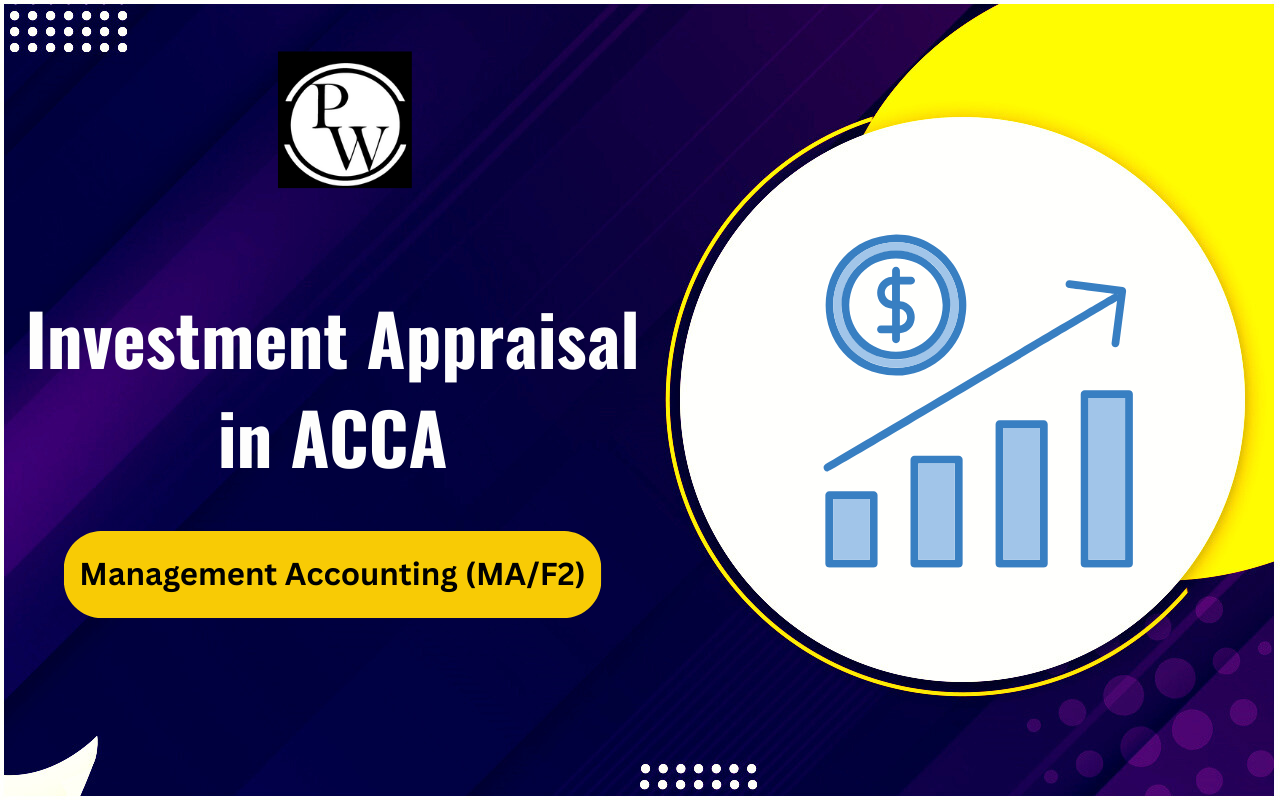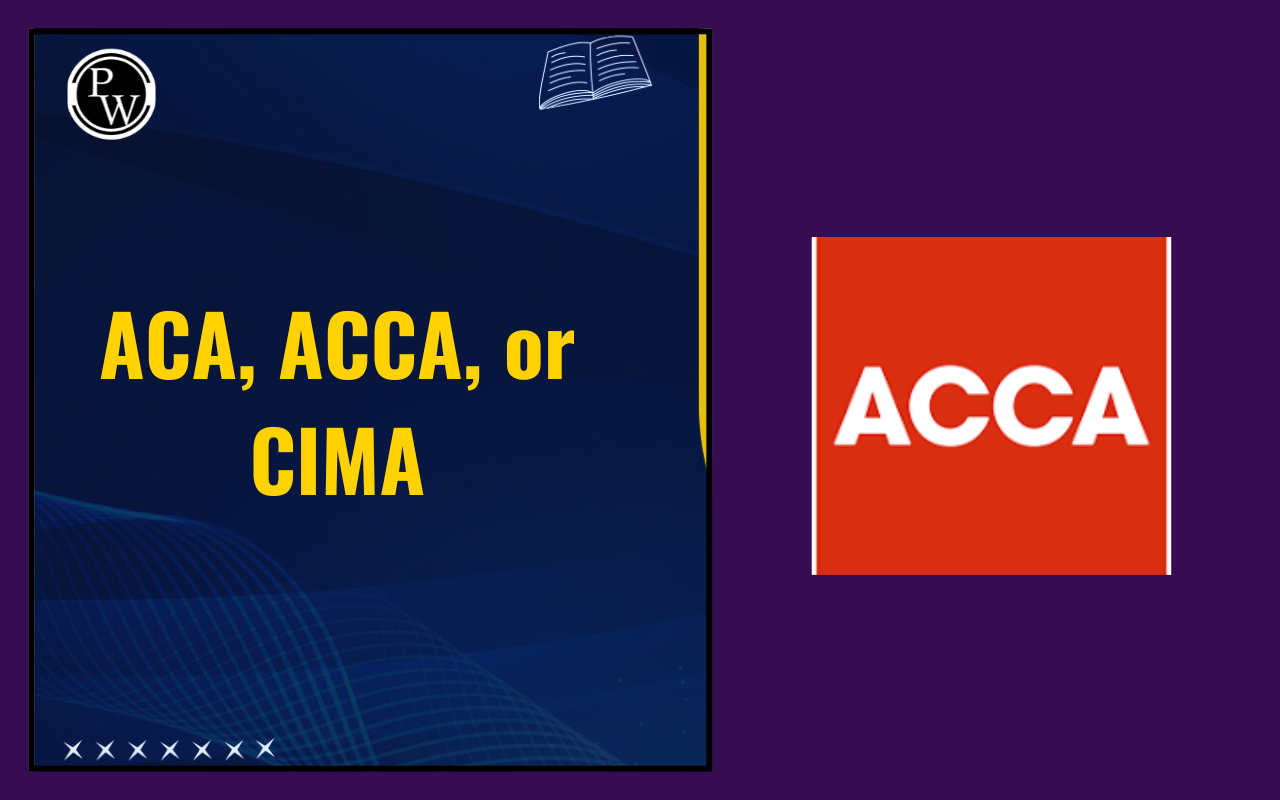
CFA and ACCA are both global professional qualifications which are well-recognized and respected in the world of finance. The CFA is a professional program by CFA Institute of the USA with a focus on investment management and financial research and analysis while ACCA is a professional program by the Association of Chartered Certified Accountants of the UK with a focus on accounting, business law, and corporate reporting.
The ACCA and CFA both require analytical skills, but the main difference between CFA vs ACCA is in their topics of concentration and the outcome of the job profile. CFA is more suitable for those who are more interested in becoming financial analysts, portfolio managers, and investment bankers, while ACCA is more suitable for students who want to become auditors, accountants, and financial managers. In brief, ACCA and CFA both can lead to a promising career with a good salary, but both have their own different paths and objectives.
What is the CFA?
The CFA qualification is a highly prestigious certification in the field of finance. It primarily covers investment, portfolio management, financial analysis, and market ethics. The CFA program consists of three levels, each assessing candidates on their knowledge of economics, quantitative analysis, corporate finance, and investment valuation.
Graduates who complete all three CFA levels gain a comprehensive understanding of financial markets, equity research, and asset management. This makes CFA holders highly sought after by global investment firms, hedge funds, and banks. CFA is considered to be a difficult course to clear, as it requires practical understanding and strong analytical skills.
What is the ACCA?
ACCA is one of the oldest and most internationally recognized professional accountancy and finance qualifications. The Association is based in the United Kingdom, and the qualification allows you to work and live in over 180 countries. Course modules include financial management, taxation, audit, and corporate law.
ACCA students learn how to prepare financial statements, manage budgets, and understand international accounting standards. The primary difference between CFA and ACCA is that while the former focuses on investments, the latter is about financial reporting and business strategy. ACCA vs CFA: ACCA is a great choice for individuals looking to become accountants, auditors, or finance managers. Multinational companies and Big 4 firms hire ACCA-qualified candidates for their in-depth knowledge of accounting standards and compliance.
Key Differences Between ACCA and CFA
ACCA is an accounting, auditing, and taxation designation, whereas CFA is an investment-oriented designation. In the contest of CFA vs ACCA, the former is all about investment analysis, portfolio management, and financial research. The significant difference between the two lies in their learning objectives, course curriculum, and career opportunities. A comparative chart of the two professional courses is illustrated below, which majorly highlights their differences on the basis of eligibility, exam pattern, course duration, and scope of the profession.
|
Key Differences Between ACCA and CFA |
||
|
Basis of Comparison |
ACCA (Association of Chartered Certified Accountants) |
CFA (Chartered Financial Analyst) |
|
Full Form |
Association of Chartered Certified Accountants |
Chartered Financial Analyst |
|
Governing Body |
Association of Chartered Certified Accountants (UK) |
CFA Institute (USA) |
|
Course Focus |
Accounting, auditing, taxation, and business management |
Investment banking, portfolio management, and financial research |
|
Eligibility |
10+2 qualification in commerce or related field |
Bachelor’s degree or final-year student |
|
Course Duration |
2 to 3 years |
2 to 4 years |
|
Number of Levels |
3 levels (Applied Knowledge, Applied Skills, Strategic Professional) |
3 levels (Level I, II, and III) |
|
Exam Pattern |
Objective and descriptive papers, held quarterly |
Computer-based exams, focused on financial analysis and case studies |
|
Global Recognition |
Widely accepted in 180+ countries |
Recognized in 165+ countries |
|
Career Fields |
Accounting, auditing, consulting, taxation, corporate finance |
Investment banking, equity research, asset management, financial advisory |
|
Average Salary (India) |
₹6–8 LPA (for certified professionals) |
₹8–12 LPA (for certified professionals) |
|
Difficulty Level |
Moderate |
High |
|
Accreditation |
UGC-approved and recognized by professional accounting bodies |
Globally accredited by CFA Institute |
|
Work Experience Required |
Not mandatory before certification |
Minimum 4 years of professional work experience required |
|
Ideal For |
Students interested in accounting and finance |
Students aiming for careers in investment and financial analysis |
Choosing Between CFA and ACCA
The CFA vs ACCA decision is based on your financial career. If your career of interest is in accounting, auditing, and business administration, then ACCA is the best option for you. But if you are more interested in investment banking, portfolio analysis, or research, then the CFA designation is suitable. Your goal and interest, professional trajectory, and availability to study should be your bases for making a CFA vs ACCA decision.
The ACCA provides more career opportunities in accounting, tax, and auditing roles and careers. ACCA is a suitable course for those looking for careers in companies, firms, and organizations with professional accountants. The CFA charter is for those with an interest in the financial markets, analysis, and investment. The CFA curriculum is more technical with a focus on investment analysis, portfolio management, and related financial careers.
Factors such as the difficulty level of the exams, course fee, international recognition, and your intended career after the course are some considerations for the CFA vs ACCA choice. If you are looking for a more flexible course with hands-on accounting skills, then ACCA is more appropriate.
If you are looking for more opportunities in senior finance and investment careers, CFA would be more appropriate. CFA and ACCA are recognized globally, and either of the two qualifications could offer a worldwide career depending on your chosen career path.
CFA Vs ACCA FAQs
What is the difference between CFA and ACCA?
Which one is more difficult, CFA or ACCA?
ACCA vs CFA Which is better for finance careers?
Can I do ACCA and CFA together?










